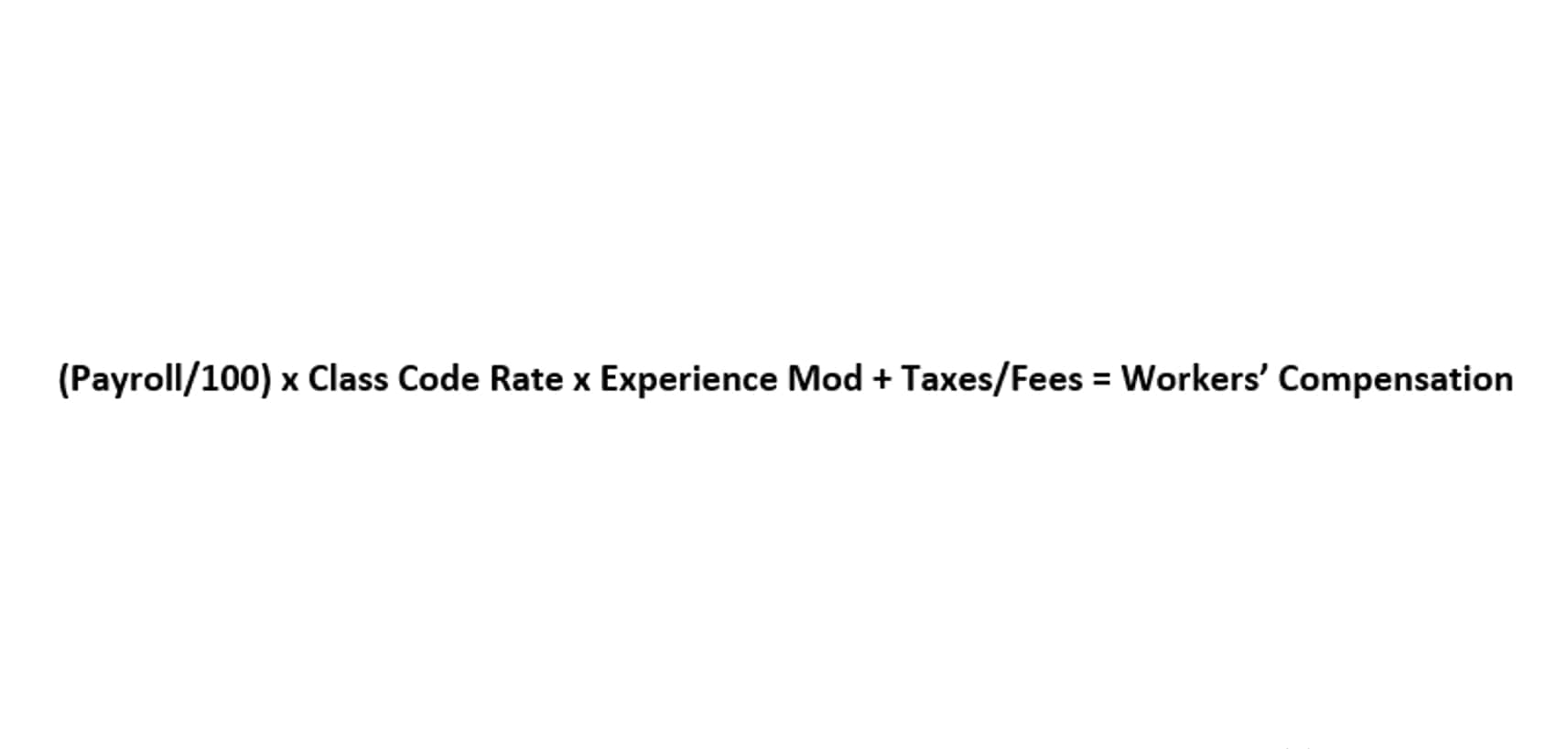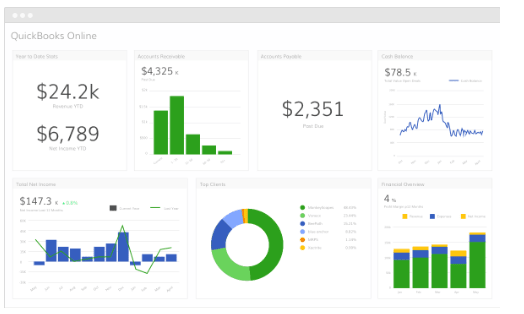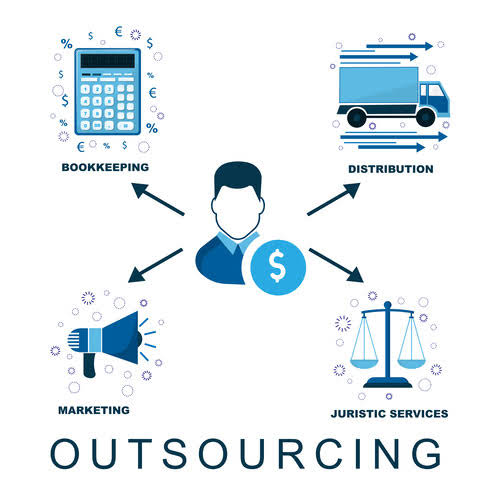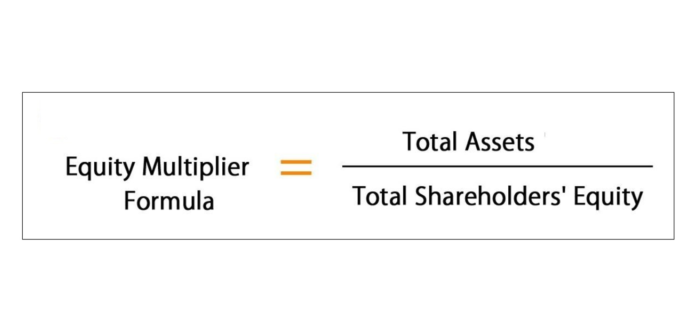
Recording your receipts helps you track and claim your business expenses to get the most from your tax return. To put it simply, record-keeping is maintaining accurate records and documenting events or transactions in an accounting system. Every business owner is cognizant of the fact that one of the most crucial and time-consuming duties of managing a company is maintaining financial records and receipts. In order to support the claims, you are making, you will need to keep records and receipts for all acquisitions for your expenses. If you have employees on your payroll, you’re required to enroll for payroll tax, also known as Pay As You Earn record keeping for small business (PAYE), and remit on a monthly basis. For business that deals in vatable good, having good accounting records will help immensely in filing your monthly Value Added Tax (VAT) tax returns.

Top Tips for Better Financial Record Keeping
Purchases, sales, payroll, and other transactions you have in your business will generate supporting documents. Supporting documents include sales slips, paid bills, invoices, receipts, deposit slips, and canceled checks. These documents contain the information you need to record in your books. It is important to keep these documents because they support the entries in your books and on your tax return.

Maintain a System for Important Paperwork
- This software allows businesses to sync all of their financial documents across the board.
- Entrepreneurs and industry leaders share their best advice on how to take your company to the next level.
- Think of them as the folders in a filing cabinet, keeping everything neat and easy to find.
- If you select one accounting method and then decide that you’d like to change it after filing your taxes, you’d need to complete IRS Form 3115 to formally do so.
- Organising your electronic contracts in a specific folder in Google Drive or Outlook is a smart idea.
- An asset’s period of limitation is determined by the time of its “taxable disposition.” This refers to transferring ownership from one party to another in a taxable transaction.
- Efficient management of cash flow requires keeping complete records of accounts payable and accounts receivable.
You’ll be able to generate accurate financial reports, share financial information with investors, and file your taxes in no time. Linking your financial institutions improves the ease and accuracy of your financial management. In addition to automatically importing expenses and income, you can quickly categorize your expenses and create organized financial records.

How Long to Keep Business Tax Records and Receipts

Don’t let slow payers assume that you don’t want your money because they haven’t heard from you in a while. If you see liabilities increasing each month for three months on your balance sheet, this probably means assets or expenses are also increasing. Sandra Habiger is a Chartered Professional Accountant with a Bachelor’s Degree in Business Administration from the University of Washington. Sandra’s areas of focus include advising real estate Online Accounting agents, brokers, and investors.

If you file a fraudulent return, or no return at all
- With the mobile receipt scanning app, you can also scan and save paper receipts and digital receipts for quick categorization.
- The length of time you should keep a document depends on the action, expense, or event the document records.
- In this guide, we’ll walk you through which records you’re legally required to keep, how long you should keep them, and how to make sure you don’t lose them.
- An online program will continually backup your files to a cloud based storage, but it is still recommended that business owners maintain a hard copy as well.
Consider using accounting software like QuickBooks, Xero, or Wave, which offers user-friendly interfaces and various features to track income, expenses, invoices, and financial reports. An appropriate accounting system will streamline your record-keeping process and provide valuable insights into your business’s financial performance. Proper record keeping reduces the stress and potential complications of tax time, helps you take advantage of available deductions, and ensures compliance with tax laws. Spending cash without the proper documentation makes Law Firm Accounts Receivable Management it especially difficult for business owners to keep and maintain proper business financial records. It is easy to forget how and where cash was spent without the proper documentation.
- For most small businesses, the business checking account is the main source for entries in the business books.
- Supporting documents include sales slips, paid bills, invoices, receipts, deposit slips, and canceled checks.
- The storage of information online is infinite, whereas the storage available in your office is finite.
- Security software and encryption services have rapidly developed into a leading sector of the technological world.
- Or you may choose a more traditional approach and have your fiscal year follow the standard calendar year, depending on what works best for your business.
- Fortunately, Excel can help you keep a close eye on this crucial aspect of your finances.
- Creating a new file at the beginning of each year is a helpful way to save time and organize your information.
- Include a comparison with the same report information from last month with each report.
- It’s worthwhile to explore different corporate credit cards and see which offers you the greatest rewards for your business spending.
To be extra safe, it’s best to digitize as many records as you can and keep them for at least seven years, and in some cases, indefinitely. Consider hiring a tax professional, such as a Certified Public Accountant (CPA), to assist with tax planning and preparation. A tax professional can help you navigate complex tax laws, maximize deductions, and ensure compliance with tax regulations. As a small business owner, you need to understand your tax obligations, including income tax, self-employment tax, payroll tax, and sales tax. Familiarize yourself with the tax rates, deadlines, and forms required for your business.

